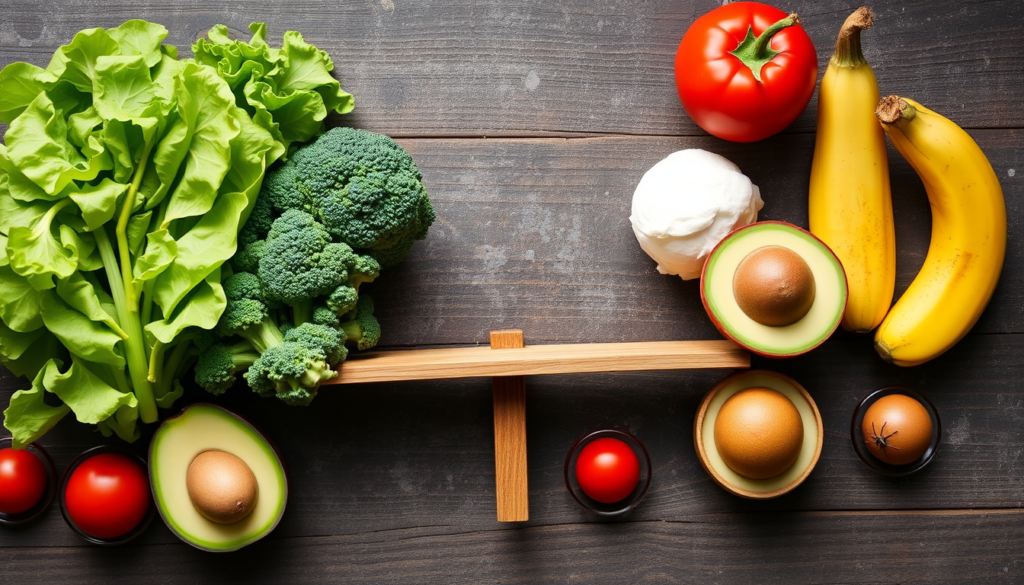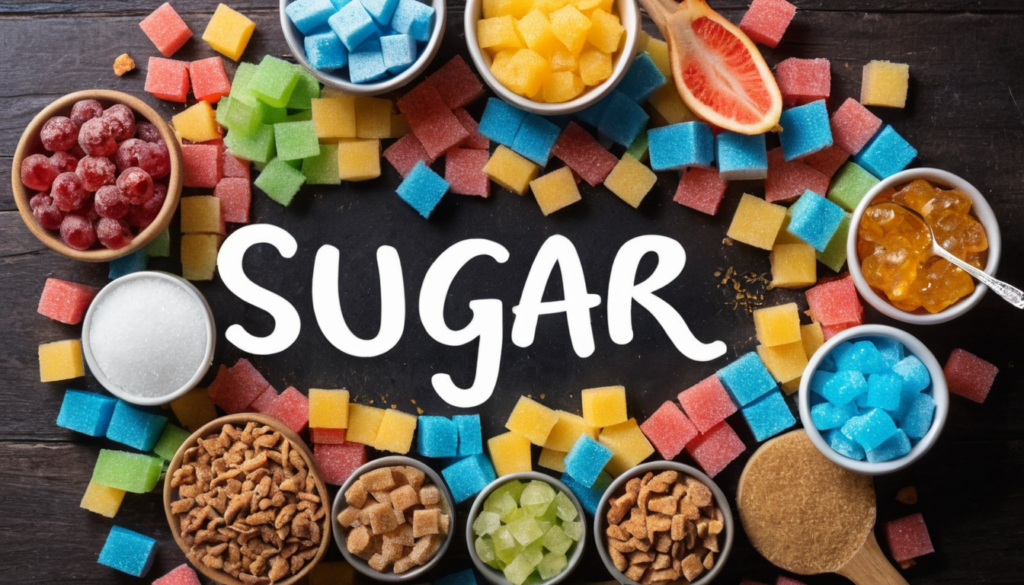Are you worried about the amount of waste you generate every time you go grocery shopping?
You’re not alone.
Many South Africans are beginning to embrace low waste living, striving to minimize packaging and reduce grocery waste as a means of protecting our environment.
So, how can you adapt your grocery shopping habits to become more eco-friendly?
Understanding the Environmental Impact of Packaging
If you look around your kitchen, how much of the stuff you buy comes wrapped in plastic?
Plastic waste is a significant environmental issue, and the food industry plays a huge part.
From single-use wrappers to plastic bags, the packaging we consume often ends up in landfills where it can take centuries to decompose.
By learning to reduce this waste, you take a step toward a sustainable lifestyle.
Tips for Eco-Friendly Grocery Shopping
- Bring Your Own Bags: Always carry reusable, eco-friendly bags to avoid single-use plastic bags.
- Choose Bulk Items: Buying in bulk can help minimize packaging and reduce your grocery waste significantly.
- Shop Local: Opt for local produce whenever possible; it’s often less packaged than supermarket items.
- Choose Unpackaged Goods: Look for items without packaging, like loose fruits and vegetables.
- Read Labels: Opt for brands that prioritize eco-friendly packaging, such as biodegradable or recyclable materials.
Each of these tips contributes to low waste living. It’s about making small changes that collectively have a big impact.
The Benefits of Reducing Grocery Waste
Why should you care about reducing grocery waste?
Here are a few compelling reasons:
- You save money by buying only what you need and avoiding excess packaging.
- Your actions support local economies and sustainable practices.
- Reducing waste contributes to a cleaner environment for future generations.
- You’ll inspire others to do the same—every effort counts!
Making It Practical: A Shopping List
Now that you’ve got the tips, let’s make it practical with a quick shopping list to help you start your journey into eco-friendly grocery shopping:
| Item | Type | Suggested Alternatives |
|---|---|---|
| Fruits & Vegetables | Fresh | Buy in bulk or loose |
| Grains (Rice, Pasta) | Packaged | Bulk bins |
| Dairy Products | Plastic containers | Local farm products or glass containers |
| Cleaning Supplies | Plastic bottles | Refillable containers |
| Snacks | Individually wrapped | Loose, in bulk, or homemade |
FAQs About Low Waste Living
What is low waste living?
Low waste living is a lifestyle choice aimed at reducing the amount of waste you produce, particularly plastic waste and packaging.
How can I start reducing my grocery waste?
Begin by planning your meals, bringing reusable bags, and choosing unpackaged or bulk items.
Why is it important to minimize packaging?
Minimizing packaging helps reduce environmental pollution, conserves resources, and encourages sustainable practices.
Are there stores in South Africa that promote low waste shopping?
Yes, many local markets and health food stores offer bulk buying options and unpackaged goods. Look for zero-waste stores near you!
How can I make a difference?
Every reduction in waste counts. Your choices in grocery shopping can inspire others to follow suit, creating a ripple effect.
Conclusion
Embracing low waste living and learning to minimize packaging in your grocery shopping can seem daunting at first.
But remember, every little step helps—whether it’s using reusable bags or selecting bulk items.
It’s not just about cutting waste; it’s about creating a sustainable future.
Start small, stay consistent, and inspire others by sharing your journey toward an eco-friendly lifestyle.
Let’s champion a future with less waste and more smiles!



